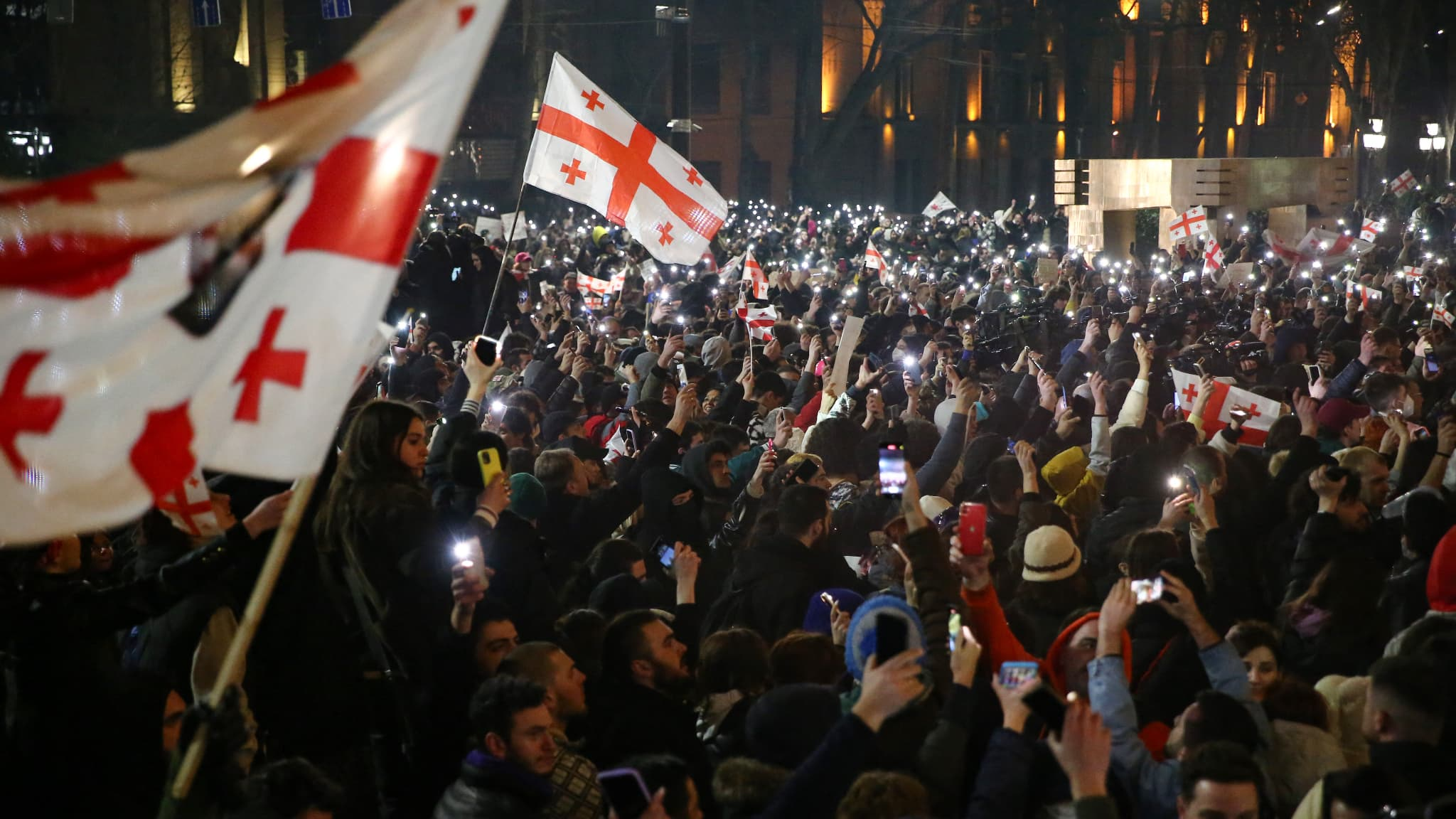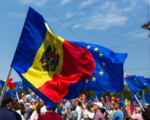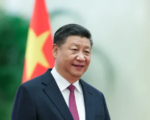As Georgia approaches its parliamentary elections on October 26, concerns are mounting about the potential return to authoritarian rule under the ruling Georgian Dream party. This anxiety is amplified by the party’s past actions and current rhetoric, drawing unsettling parallels to the Soviet era.
Historical Context and Contemporary Concerns
In Gori, the birthplace of Joseph Stalin, locals can recount tales of the dictator’s youth while glossing over the atrocities of his regime. Many older Georgians may hold nostalgic views of the Soviet past, but younger generations, who have only known democracy, reject this notion. They are alarmed by the creeping authoritarianism as Georgian Dream, led by oligarch Bidzina Ivanishvili, seems increasingly aligned with Kremlin-style governance.
The party has abandoned its pro-European stance over the last decade and appears willing to take extreme measures to maintain power. Ivanishvili, who has resurfaced as the party’s honorary chairman, has openly threatened political opponents and has supported legislation that mimics repressive Russian laws, including a controversial “foreign agent” law that critics argue stifles dissent.
Ivanishvili’s Rhetoric and the Political Landscape
Ivanishvili’s recent speeches have adopted a tone reminiscent of Stalinist propaganda, labeling opposition members as traitors. “It’s incredible how much of this old Bolshevik, Stalinist language is back,” noted Natalie Sabanadze, a former Georgian ambassador to the EU. His assertion that Georgia should apologize to Russia for the 2008 war has sparked outrage among many, particularly younger voters who remember the Russian invasion.
With 20% of Georgia’s territory occupied by Russia, the prospect of aligning closer to the Kremlin is a significant concern for those seeking a pro-European future. Observers warn that if Georgian Dream remains in power, the country could regress towards a one-party state reminiscent of Belarus.
The Role of the European Union
In response to Russia’s aggression in Ukraine, the EU granted Georgia candidate status, reflecting a desire to curb Russian influence in the region. However, many believe this was a move to bolster public support for EU integration rather than an endorsement of Georgian Dream. Ivanishvili’s intentions regarding EU membership remain questionable, as joining would require significant reforms and relinquishing some of his party’s power.
The fragmented opposition, particularly the pro-Western United National Movement (UNM), is hopeful of forming a coalition should the election outcome favor change. However, there are fears that Ivanishvili will attempt to cling to power in the face of electoral defeat, potentially leading to widespread protests and unrest.
A Crucial Election Ahead
With the election just days away, the stakes are high. President Salome Zourabichvili has called for a pro-European victory, asserting that polls show a majority of the populace opposes Georgian Dream. Yet, with Ivanishvili’s history of manipulating political narratives, many remain skeptical about the election’s integrity.
Georgians have expressed their willingness to resist any authoritarian backslide, but the atmosphere of fear and intimidation is palpable. With Ivanishvili hinting at a “Nuremberg trial” for opposition members and police brutality against protestors, the potential for violence looms large.
Conclusion: A Fork in the Road
As the nation prepares to vote, the choices made by the electorate and the subsequent response from the government will shape Georgia’s trajectory. The looming question is whether the country can maintain its democratic aspirations or if it will succumb to the shadows of its past. Observers like Sabanadze caution that while Georgians are determined to resist authoritarianism, the fight for their future may not be easy.














